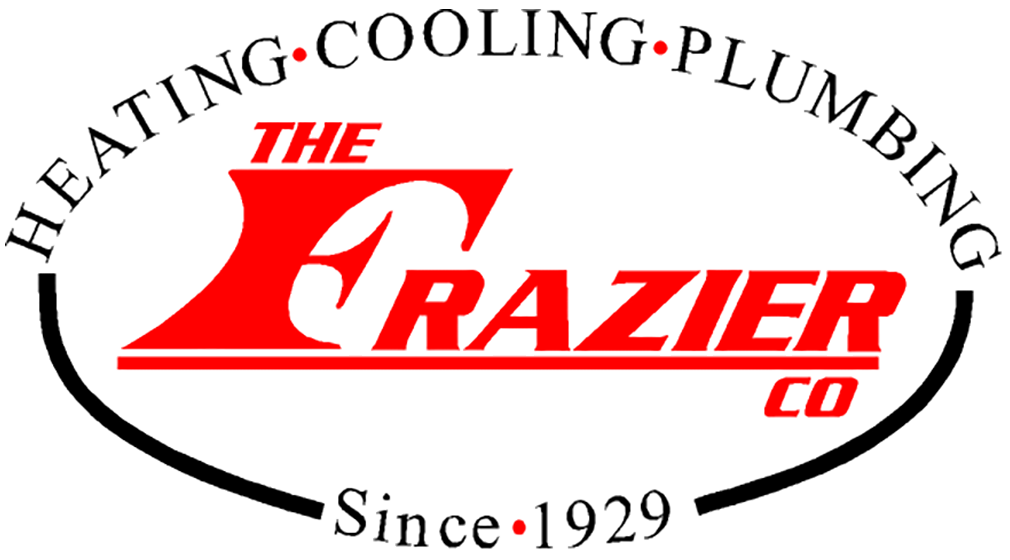To combat increasing energy expenses and embrace sustainability, many homeowners are trying new methods to maintain comfort levels while using less energy. As part of the Inflation Reduction Act, federal tax credits are available for high efficiency HVAC equipment. These credits offer big savings, as long as the homeowners select eligible equipment and submit the right paperwork.
If you’re worried about a long, complicated process, we can share something that will help! The Frazier Company hopes this guide will give you everything you need to earn these HVAC tax credits in 2024. Here’s how.
Understanding the HVAC Tax Credits
These valuable tax credits for energy-efficient home improvements are just one intended use of the recent Inflation Reduction Act. Energy costs affect everyone, so helping homeowners upgrade to higher efficiency utilities can benefit everyone. The primary goal of these credits is to mitigate costs associated with installation and renovation projects. The two we’ll cover are the Residential Clean Energy Credit and the Energy Efficiency Home Improvement Credit.
However, in order to claim your credits, you’ll have to complete IRS Form 5695. Additionally, this form needs to be submitted for the same tax year the upgrades were installed, not bought.
Maximizing Savings with the Energy Efficiency Home Improvement Credit
Through 2032, the Energy Efficiency Home Improvement credit empowers homeowners by offsetting up to $3,200 each year for making your home more energy-efficient. This can be up to 30% of the total project’s cost. It’s important to note in order to be eligible for the maximum amount, it means making severel investments. For example, you’ll get up to $2,000 for high efficiency heat pump systems. This can be paired with an additional $1,200 in credits for more projects in the tax year.
While heat pumps are a key target for this incentive, high-efficiency furnaces, air conditioners, boilers, and other HVAC systems are still eligible for this tax credit. You should confirm that your choice’s energy efficiency rating is high enough for eligibility.
Exploring the Residential Clean Energy Credit
The Residential Clean Energy Credit offers 30% savings on a number of other residential clean energy equipment upgrades. Eligibility is only extended to homeowners seeking to update existing or newly constructed homes. While the Home Improvement Credit works primarily with utilities and HVAC systems, this credit is instead designed around renewable energy sources like solar and wind energy.
Some specific items in this tax credit include requiring the installation project to be finished between 2022 and 2032. But at the same time, homeowners can keep the excess credit to reduce future taxes. This is a great way to make things a little easier when investing in renewables.
Additional Qualifications for Energy Tax Credits
Because HVAC systems are one of the biggest expenses on your energy bill, these tax credits offer more access to the most energy-efficient options. But home energy efficiency can be improved in many other ways. Apart from the previously listed HVAC upgrades, {you could also choose|other eligible items include|you also have access to:
- Energy-saving heat pump water heating systems
- Modern electrical panel improvements
- New electrical wiring
- Enhancements to insulation, air sealing, and ventilation
- High-efficiency electric stoves, cooktops, ranges or ovens
- Heat pump clothes dryers
- High-efficiency water boilers
Like the HVAC systems, you’ll need to verify that your chosen products meet the required energy efficiency ratings.
Three Tips for Making the Most of 2024 HVAC Tax Credits
While any one of those upgrades can improve your home’s energy efficiency, some planning ahead will ensure more long-term benefits. Maximize your HVAC tax credits with these three tips:
- Perform an energy audit to pinpoint valuable enhancements. Trust experienced HVAC companies to pinpoint essential products and services.
- Install new high efficiency windows and doors.
- Explore potential rebates from utility companies for clean energy upgrades. Renewable sources like solar, wind, and geothermal contribute to community power grid sustainability.
- Remember to consider financing plans offered by service providers.
The Frazier Company Can Help You Secure HVAC Credits for 2024
Partner with local HVAC professionals like The Frazier Company for eligible serves like energy assessments or new installation. Our experienced installers know how to provide all you need for a more energy-efficient home.

